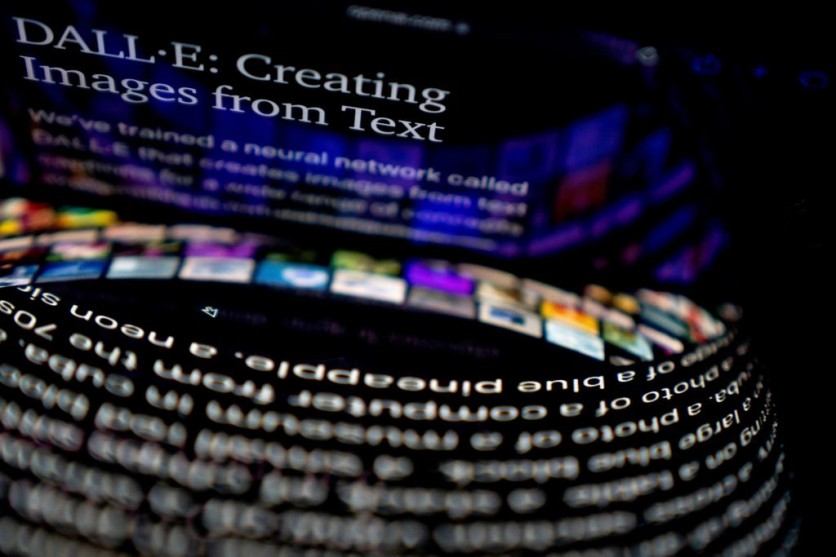DALL-E 2 OpenAI's AI System will now roll out for customers on the waitlist with the aim to reach almost one million people within the new weeks, as reported by TechCrunch.

This new move will also pave the way for a credit-based structure, in which first-time users will get a limited amount of credits that they can use to generate or edit an image. Credits will also be used to create an image variation. The credits will refill every month: 50 credits in the first month and 15 a month after that. Users will have the option to buy credits in increments of $15.
A Broader Access
The broader access was made possible by new approaches to mitigate toxicity and bias in DALL-E 2's generations and evolutions in policy governing images created by the system.
Also this week, OpenAI deployed a new technique that encourages DALL-E 2 to generate images of people that will reflect the diversity of the world's population even more accurately. It does this when it is given a prompt that describes a person of an unspecified race or gender.
Also Read: OpenAI Introduces a Neural Network That Can Play 'Minecraft'
Full Usage Rights
Additionally, the company is now rejecting uploads that contain realistic faces and attempts to create the likeness of public figures, such as political figures and celebrities, while improving the accuracy of content filters.
On that note, OpenAI doesn't really allow DALL-E 2 to create images that are not G-rated or could cause harm. Previously, it disallowed the use of generated images for commercial purposes.
OpenAI is now granting users "full usage tights" to commercialize the images they create via the DALL-E 2. This includes the right to reprint, sell, and merchandise.
More Work to Be Done
OpenAI emphasized that DALL-E 2 has other safeguards, such as automated and human monitoring systems. These will help prevent the model from memorizing the faces that usually appear on the internet. Still, they are aware that there's more work to be done.
The product manager of DALL-E, Joanne Hang said that the company is still refining its content rules, as reported by NPR.
OpenAI is continuing to research how AI systems will reflect biases in its training data, as well as the different ways that they can address them.
DALL-E is a name meant to evoke WALL-E, the Pixar film, and the Surrealist painter, Salvador Dalí. It is unclear whether the AI will be fully available to the public, but this expansion is a significant move.
However, OpenAI's cautiousness is only right as many people can use it to spread disinformation, and that's something that is very unnecessary now with everything that's happening globally.
Related Article: AI to Improve with Vision and Language-New OpenAI's DALL-E 2 is One Promising Technology
This article is owned by TechTimes
Written by April Fowell
ⓒ 2026 TECHTIMES.com All rights reserved. Do not reproduce without permission.




